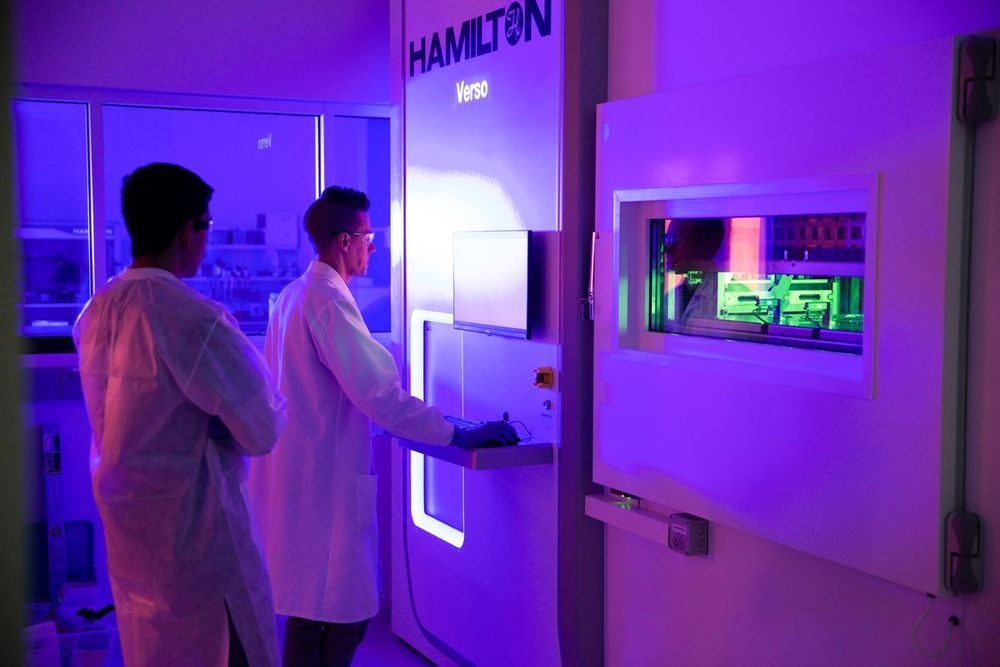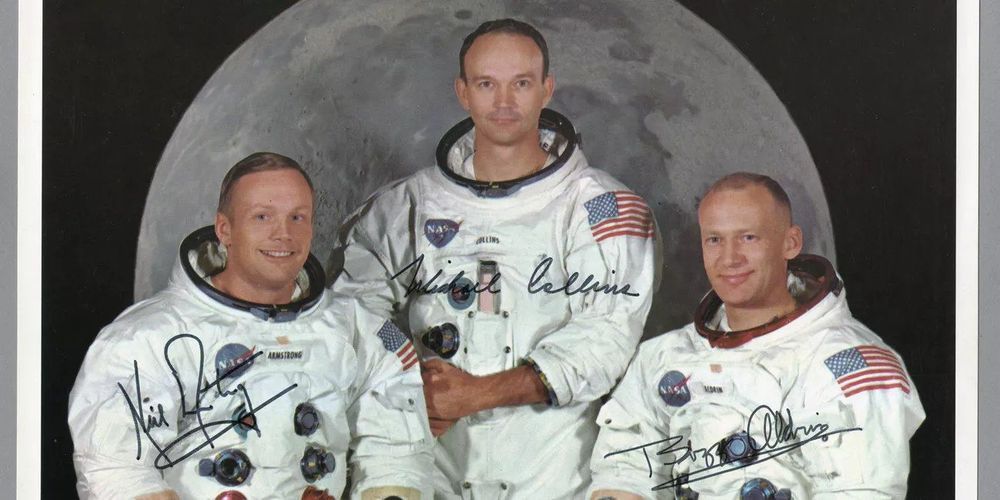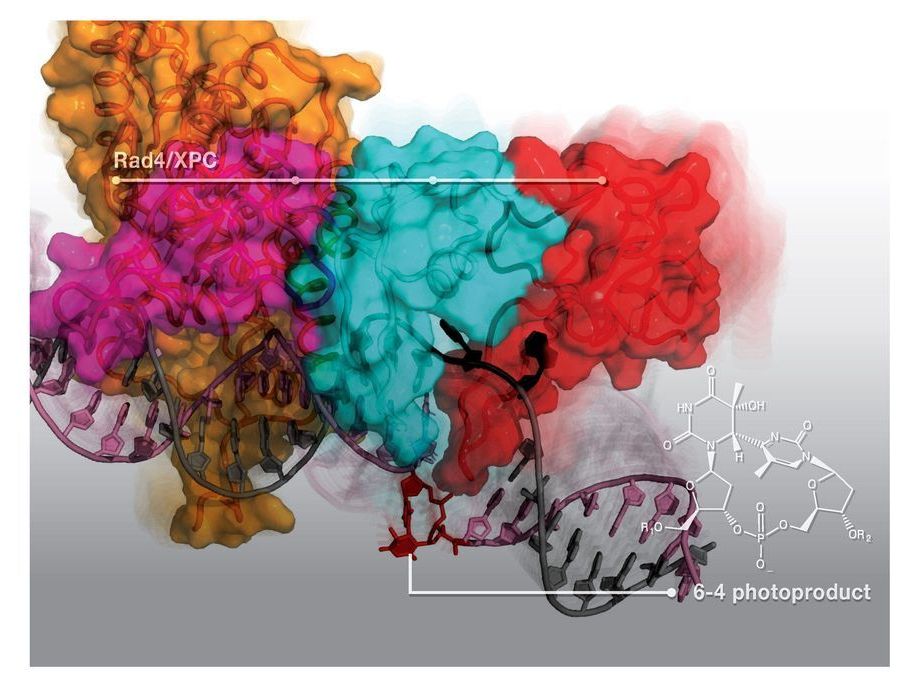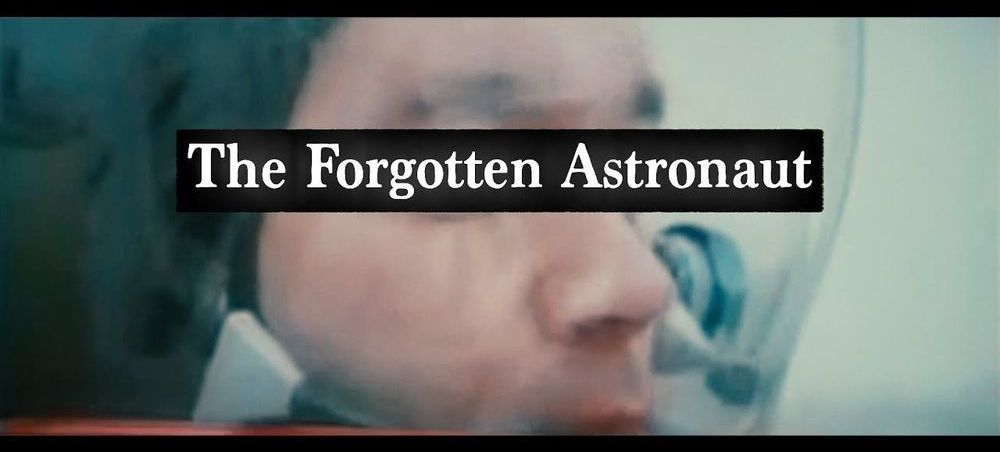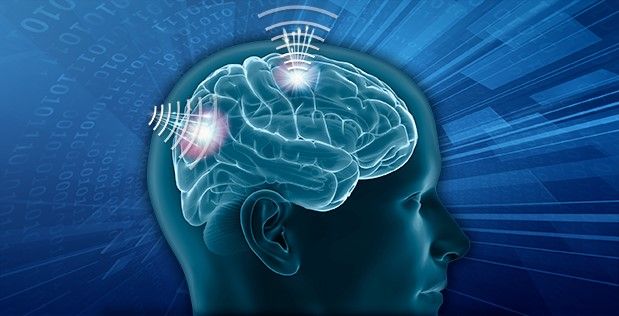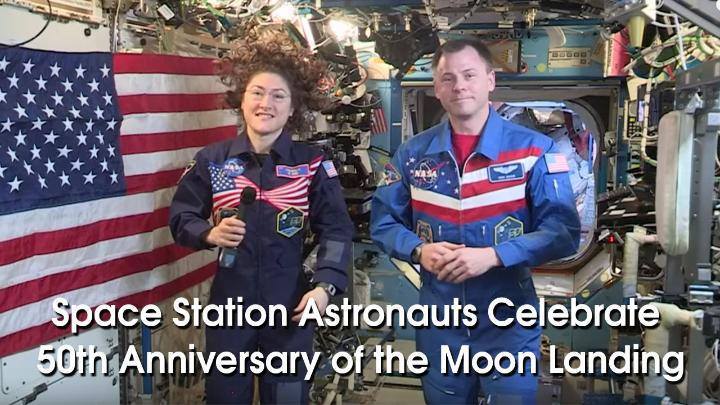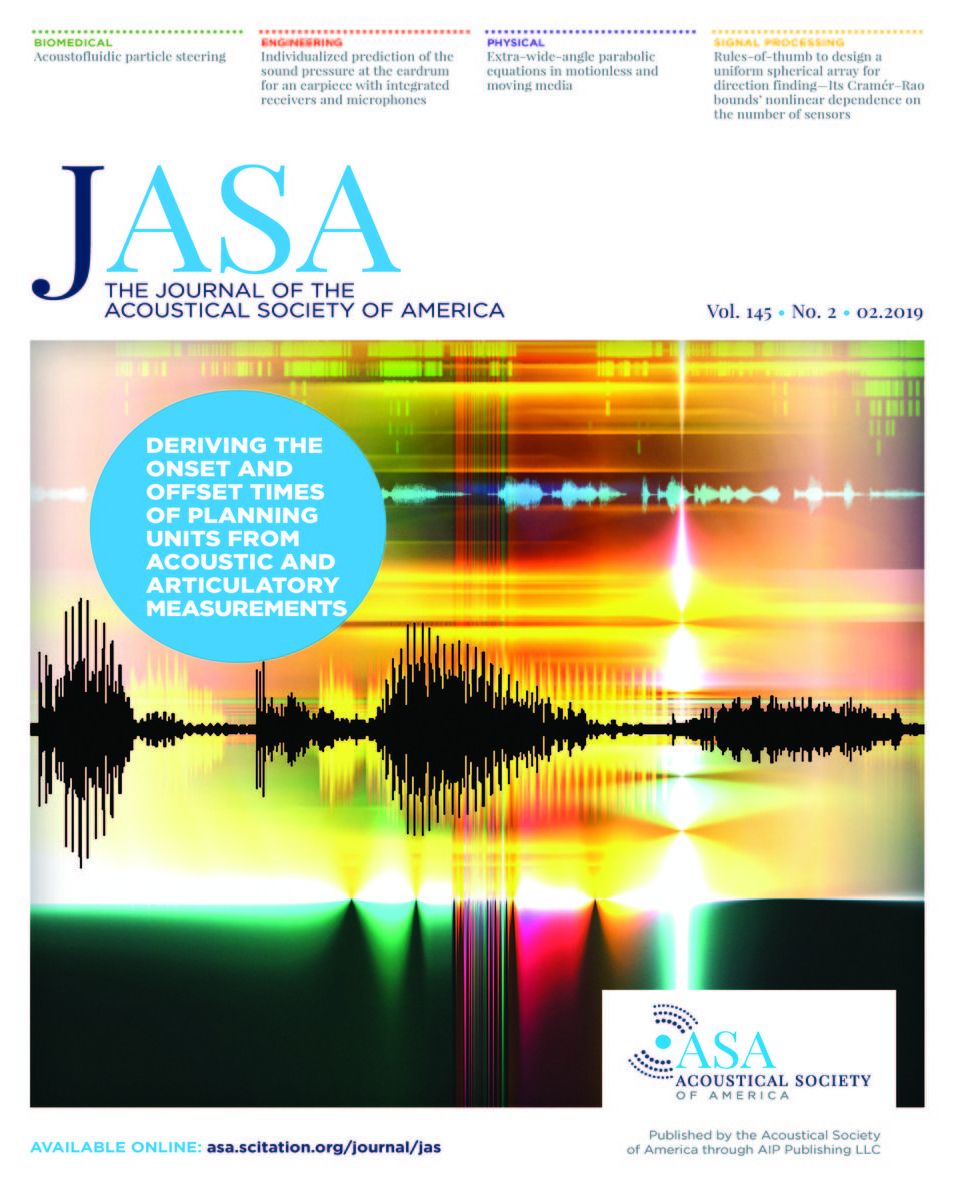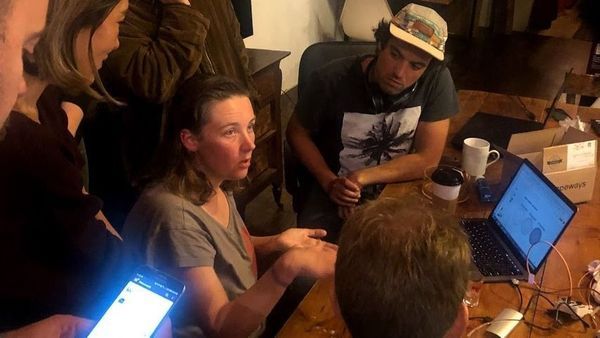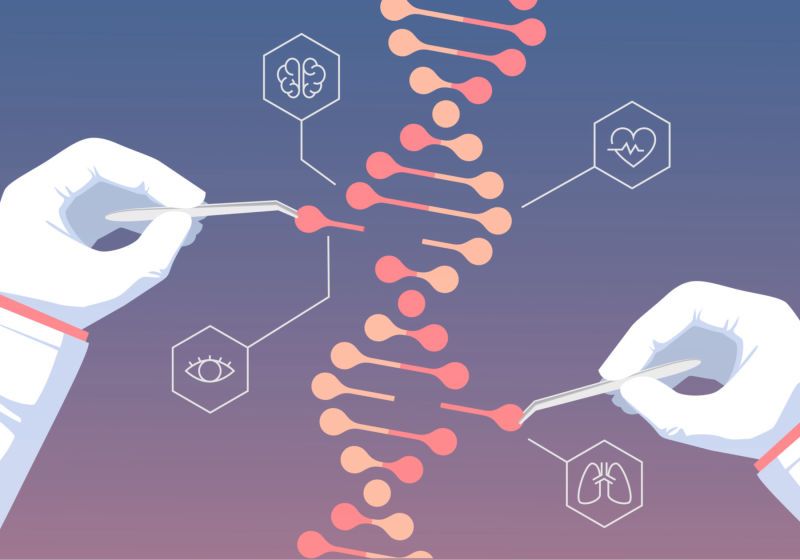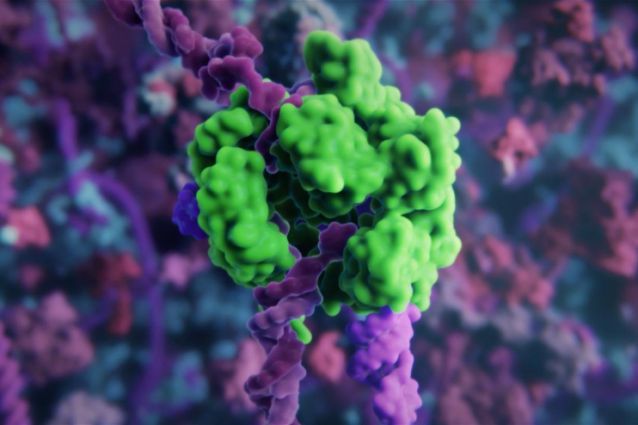Jul 16, 2019
AI Drug Hunters Could Give Big Pharma a Run for Its Money
Posted by Derick Lee in categories: biotech/medical, economics, health, robotics/AI
But a less-noticed win for DeepMind, the artificial-intelligence arm of Google’s parent Alphabet Inc., at a biennial biology conference could upend how drugmakers find and develop new medicines. It could also dial up pressure on the world’s largest pharmaceutical companies to prepare for a technological arms race. Already, a new breed of upstarts are jumping into the fray.
Alphabet’s DeepMind cracked a problem that long vexed biologists, heating up a technological arms race in health care.
